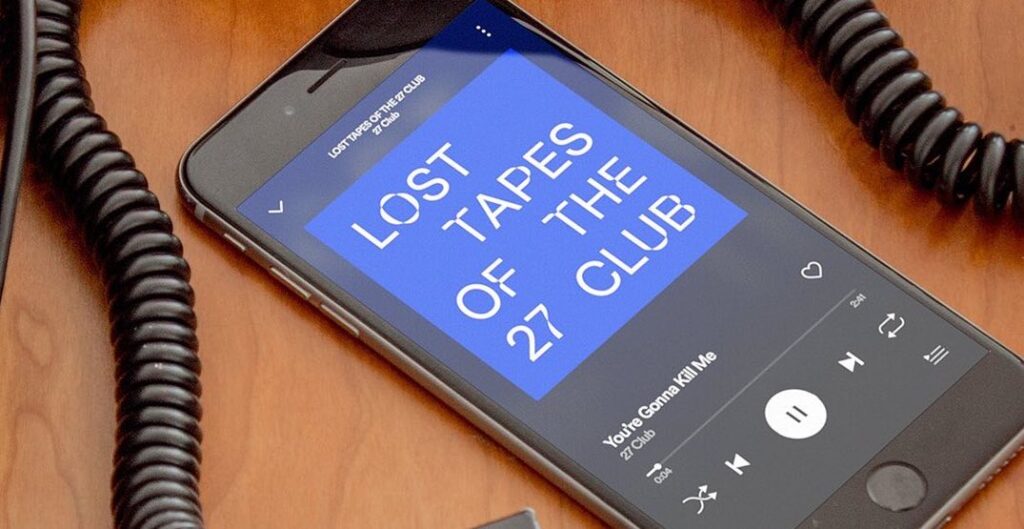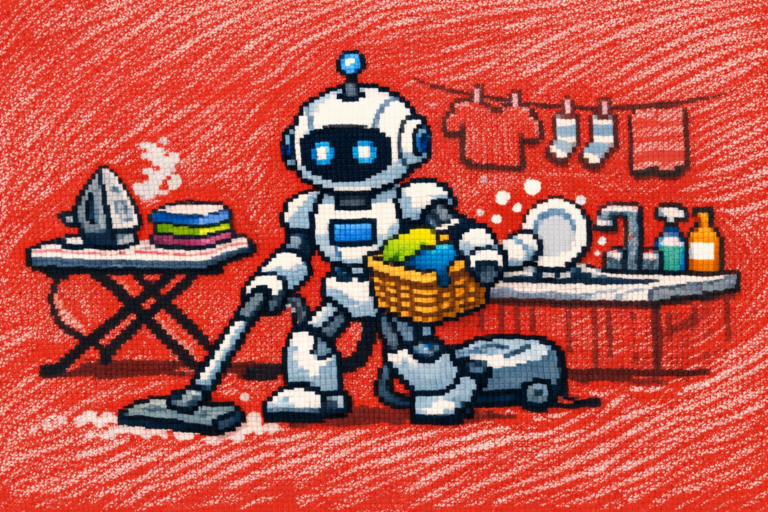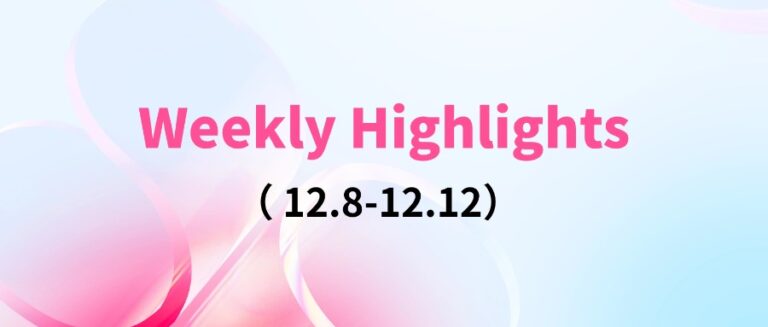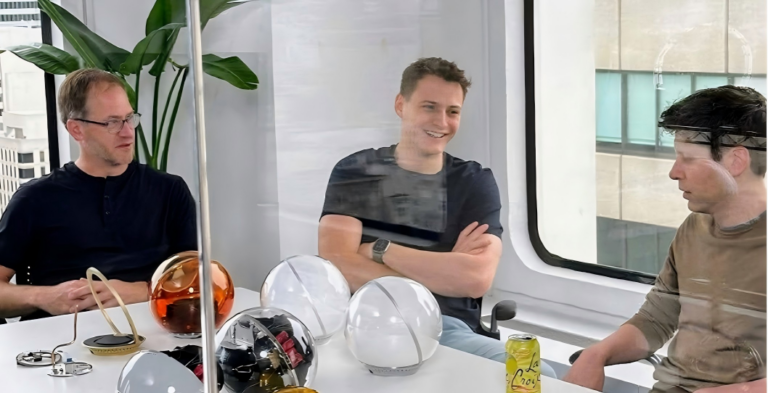Command Palette
Search for a command to run...
AI Reunites Famous Deceased Singers and Releases Four Original Songs

The nonprofit organization Over The Bridge has launched a project to let AI learn songs from well-known rock singers and generate new songs in a similar style. This is not only to commemorate them, but also to remind the public to pay attention to the mental health of musicians.
Amy Winehouse, a legendary British jazz singer, won five Grammy Awards at the age of 24, and died suddenly in 2011 at the age of 27;
Kristen Pfaff, lead singer of the famous American rock band Hole and a talented female bassist, died in 1994 at the age of 27;
Kurt Cobain, lead singer of Nirvana and rock idol, committed suicide in 1994 at the age of 27;
Jim Morrison, lead singer of The Doors, died in 1971 at the age of 27;
Brian Jones, founder of the Rolling Stones, died in 1969 at the age of 27…

Become a member of the "27-year-old club"
There seems to be some mysterious power that causes many outstanding musicians to die suddenly around the age of 27. Therefore, there is a famous "27-year-old club" in the music circle to commemorate these outstanding musicians who live happily and die young.
Genius is always lonely.
In order to remind everyone to pay attention to the mental health of musicians, Over the Bridge, a non-profit organization based in Canada, has launched a new project:Based on AI, we imitate these musicians who died young and re-create songs in their writing and singing styles.
After a year of algorithm optimization and half a year of recording and production,Over The Bridge released four singles, which were published on the album Lost Tapes of the 27 Club.
This album has been officially released on YouTube and Spotify, and has been reported and disseminated by many well-known music media around the world.
Learning + creation, AI outputs "high imitation" songs
Sean O'Connor, a member of the Over the Bridge board of directors, said the project is mainly based on Google's AI composition tool Magenta.
They extracted MIDI files from 20 to 30 songs for each musician.And break them down into hooks, solos, vocal melody or rhythm guitar, and then give them to AI for training separately.

The training model is mainly based on RNN (recurrent neural network). After mastering the style of these songs, AI will generate riffs of about 5 minutes in length. Sean said:“In fact, if you listen carefully, most of the music clips created by AI are very bad, so you have to carefully select the more interesting clips and then make them into songs.”
Then, the AI-generated music needs to be manually processed with the vocal part, beginning, and ending to get a complete song.
As for the lyrics, Sean added that a similar approach was used.First, the lyrics of the singer's previous works are given to AI for training, allowing the algorithm to learn its writing style and then output its own lyrics.
The following is a new song created by AI.Drowned in the Sun, which imitates the style of the band Niravana. Listen to see if there is the soul of Niravana in it.
Some roaring elements make the whole song more lively
Sean believes that the lyrics generated by AI in "Drowned in the Sun" are very close to Cobain's style, such as this line: "I don't care, I feel as one, drowned in the sun."
There are three other songs that parody Jimi Hendrix, The Doors' Jim Morrison and Amy Winehouse: "You're Gonna Kill Me", "The Roads Are Alive" and "Man, I Know", all included in the "Lost Tapes of the 27 Club" album and have been played hundreds of thousands of times on YouTube.
Note: Google's Magenta project has been open sourced on GitHub. Interested students can click the link to learn more:
https://github.com/magenta/magenta
The genius is gone, and we need to pay more attention to the mental health of musicians
Let’s not discuss whether the songs imitated by the above AI are pleasant to listen to, whether they are restored and close to the singer’s style. Even if the songs created by AI perfectly imitate them, there will never be another Kurt Cobain or Jimi Hendrix in the world...
The original intention of Over the Bridge to launch this project was not to allow AI to replace singers, or to prove that AI can create the same songs.Rather, it is to arouse people's attention to the mental health of musicians and enhance the awareness of the importance of mental health among those working in the music industry.

Died of drug abuse at the age of 27, but the actual cause of death remains controversial.
Data shows that 71% of musicians said they had experienced the effects of anxiety and panic, and 68% of musicians had experienced depression;People working in music-related jobs are twice as likely to attempt suicide as those in other industries.
Just like the members of the "27-Year-Old Club", each of them was talented and became famous at a young age, or died suddenly due to suicide, homicide, drug overdose or alcoholism.
The two sides of their souls, genius and madness, collide with each other, generating infinite creativity, but also dangerous sparks. They are sensitive and sad, and will have more exaggerated reactions to external stimuli, and are more likely to have negative emotions such as stress, depression, and resistance.
Through this project, Over The Bridge is not only commemorating the talented musicians of the 27-year-old club, but also hopes that the whole society will pay attention to the mental health of musicians and prevent the scale of this club from expanding further.




